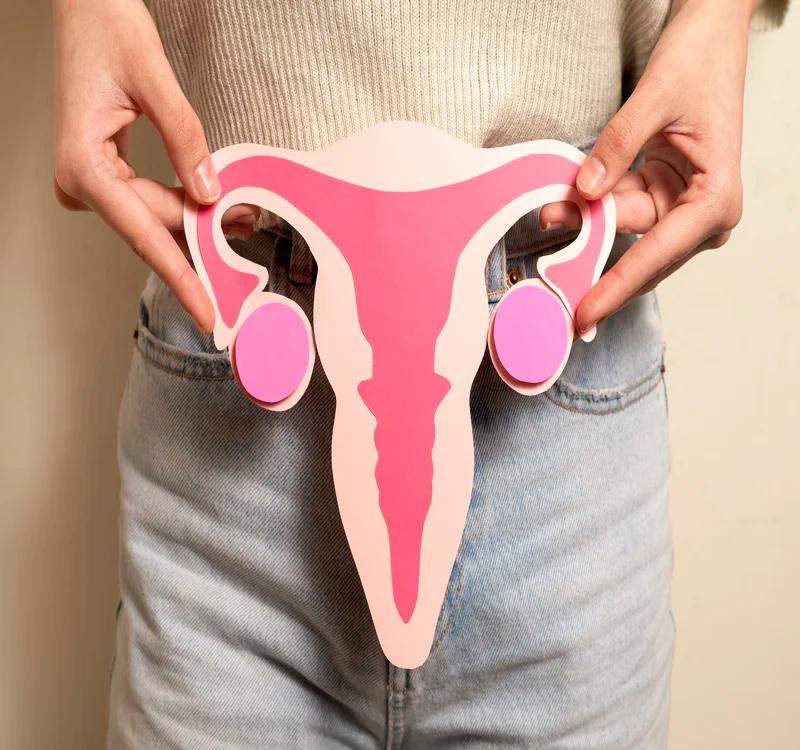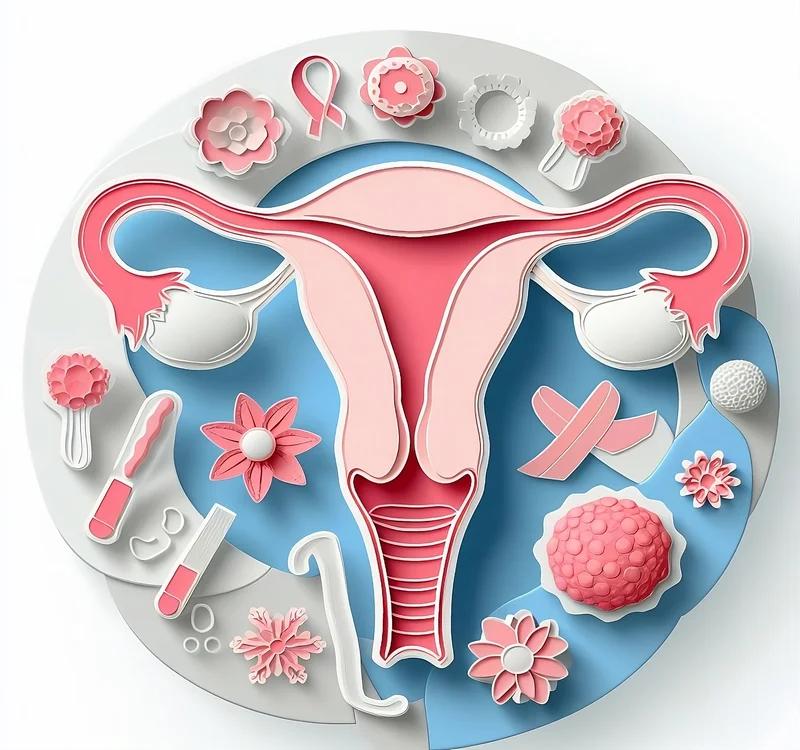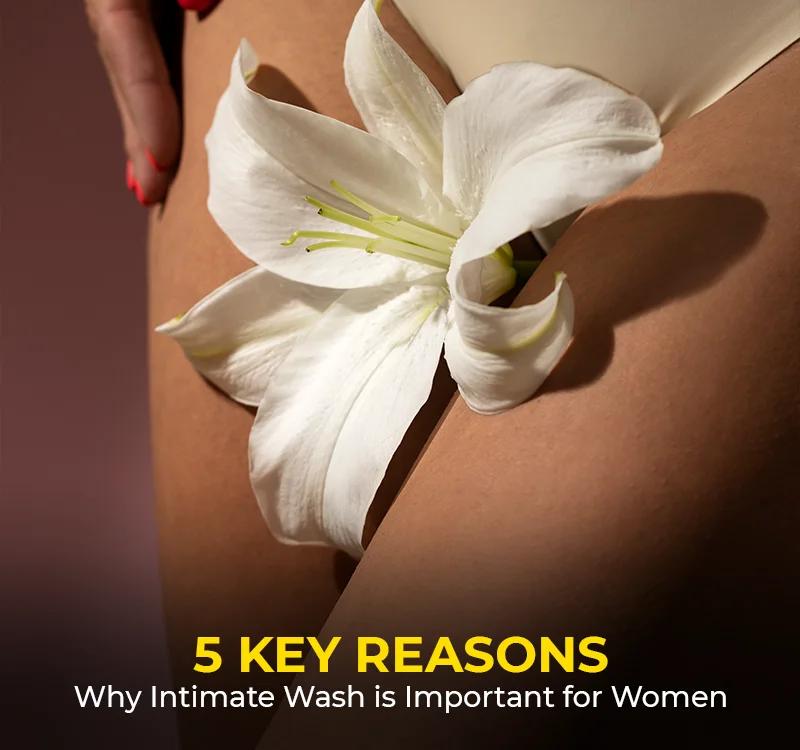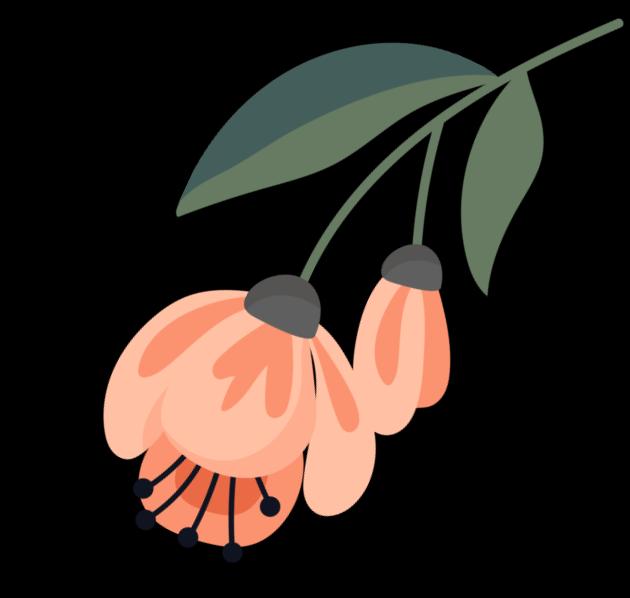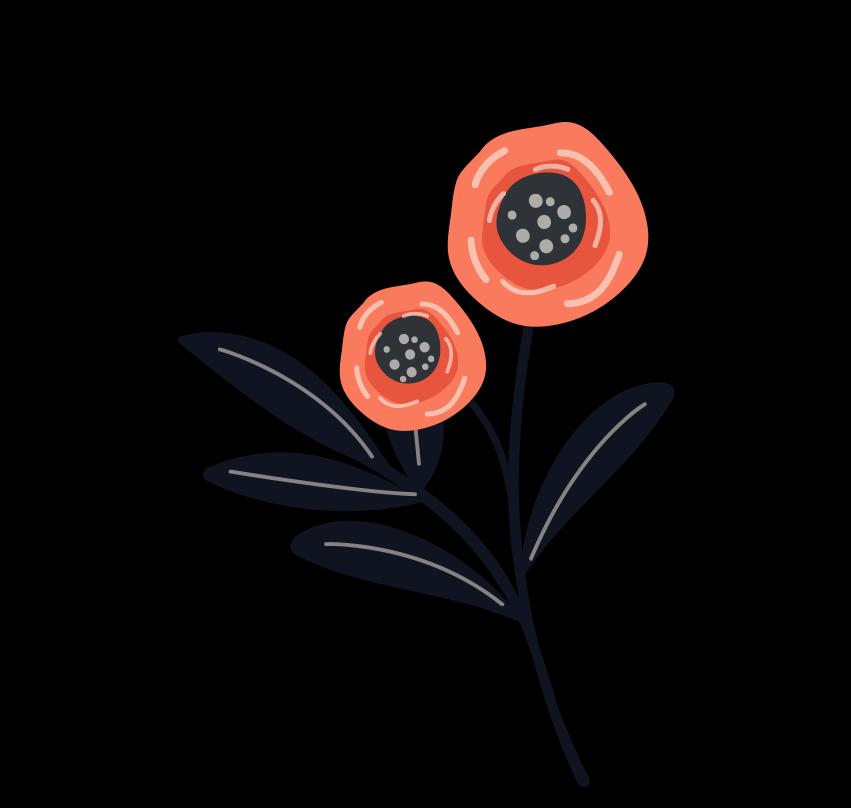How to Relieve Vaginal Itching Naturally?
May 30, 2024

Vaginal itching can be an uncomfortable and disturbing problem women face. This can happen due to several factors. Commonly, yeast infections lead to intense itching along with other noticeable symptoms. Fortunately, various home remedies provide quick relief by targeting the root cause of the infection. This article will explore the causes, symptoms, home remedies on how you treat a vaginal yeast infection, and when it is crucial to consult a doctor.
Table of Contents:
- What Causes Yeast Infection in Vagina?
- Symptoms of Yeast Infection in Vagina
- 6 Home Remedies for Vaginal Yeast Infection
- When to See a Doctor?
- Conclusion
- FAQs
What Causes Yeast Infection in Vagina?
Yeast infections in the vagina is commonly caused by an imbalance in natural flora, which can be triggered by various reasons:
1. Pregnancy: During pregnancy, the body undergoes significant hormonal changes that can disturb the natural pH balance of the vagina.
2. Uncontrolled diabetes: High blood sugar levels may result in yeast growth.
3. Weak immune system: Weak immune system struggles to keep yeast growth under control.
4. Hormonal imbalance: Fluctuations in hormones can promote yeast growth.
5. Use of sanitary pads: Sanitary pads can irritate the vaginal skin.
6. Allergies and allergic rhinitis: Systemic reactions to allergies can also affect the immune response in various parts of the body.
7. Receiving oral sex: This can introduce new microorganisms to the vaginal environment.
8. Tight-fitting clothing: Wearing tight clothing and underwear can restrict airflow and create warm, moist areas where yeast can thrive.
Symptoms of Yeast Infection in Vagina
A vaginal yeast infection can be quite uncomfortable, with a number of distinctive symptoms that can vary in intensity. Here is a detailed look at the common symptoms:
Vaginal itching: This is often the most noticeable symptom. It can be persistent and severe, making daily activities uncomfortable.
Swelling around the vaginal opening: The area around the vagina can become swollen and inflamed due to the irritation from the infection.
Burning during urination: When urine passes over the inflamed skin, it can cause a burning sensation, which is particularly uncomfortable.
Pain during penetrative vaginal sex (dyspareunia): The inflammation and sensitivity caused by a yeast infection can make intercourse painful.
Soreness: General soreness and tenderness in the vaginal area are common due to the inflammation and irritation.
Redness: Along with swelling and soreness, the vaginal area often becomes noticeably red due to the infection.
6 Home Remedies for Vaginal Yeast Infection
1. Garlic
The first home remedies for itching in private parts is garlic. Garlic is one of the most effective remedies for vaginal infection due to its natural antifungal properties. It can combat yeast infections by targeting the overgrowth directly. Some suggest inserting a garlic clove into the vagina for a few hours, as this has been reported to significantly reduce yeast levels and provide relief from the infection.
2. Probiotics
Probiotics are highly recommended as itching vagina home remedies because they introduce beneficial bacteria that help restore the natural balance of flora in the vagina. This balance can be disturbed during a yeast infection, leading to discomfort and itching.
3. Tea Tree Oil
Tea Tree Oil is one of the excellent home remedies for vaginal itching due to its potent antifungal and antibacterial properties. When used correctly, diluted tea tree oil can be applied directly to the affected area, providing relief from the uncomfortable itching associated with yeast infections. alleviate
4. Coriander Seeds
Coriander Seeds are an excellent choice among home remedies for vaginal irritation due to their anti-inflammatory properties. Boiling coriander seeds in water and using the cooled solution to wash the vaginal area can effectively reduce inflammation and discomfort.
5. Greek Yoghurt
Greek Yogurt is widely recognized as one of the effective home remedies for yeast infection in women. Consuming Greek yoghurt that contains live and active cultures introduces healthy bacteria into the body.
6. Boric Acid
Boric Acid is often cited among the most reliable home remedies for vaginal irritation, particularly in cases of yeast infections. Boric acid suppositories are recognized for their effectiveness in treating vaginal yeast infections that are recurrent or difficult to treat. By restoring the acidic pH of the vagina, boric acid creates an environment less conducive to yeast growth.
These remedies, when used correctly, can provide significant relief from the discomfort caused by yeast infections. It is important to note that while these remedies are helpful, they are not a substitute for professional medical advice.
When to See a Doctor?
While home remedies can be effective for mild infections, it is crucial to consult a doctor if:
Symptoms persist or worsen after treatment
The infection recurs frequently
You experience severe discomfort
You are pregnant or have underlying health conditions that may complicate a yeast infection
Final Words
Understanding how to cure vaginal infection involves recognizing the symptoms early and using effective home remedies to manage the condition. However, it is important to monitor the progression of the infection and consult a healthcare provider if symptoms do not improve or if recurrent infections occur. Maintaining good hygiene and making informed choices about products that come into contact with the vaginal area can also help prevent future infections.
Frequently Asked Questions
It is recommended to wash your private parts once a day with warm water and gentle, unscented soap. Over-washing can disturb the natural flora, leading to discomfort or infections.
Use a mild, unscented soap or a cleanser specifically designed for intimate areas. These products help maintain the natural pH balance and prevent irritation.
To stop vaginal burning, avoid irritants such as scented soaps and shower gels, wear cotton underwear, and keep the area dry. If burning persists, consult a healthcare provider to rule out infections or other conditions.
The best vaginal wash is one that is mild, unscented, and specifically formulated for sensitive skin. Avoid products with harsh chemicals and fragrances that can hamper the natural pH and lead to irritation.
A warm saltwater bath may provide temporary relief from itching by cleansing the skin and reducing inflammation, but it is not a cure. Avoid very hot water as it can aggravate itching.
The strongest medicine to stop itching depends on the cause. Over-the-counter hydrocortisone cream is effective for mild cases. For severe itching or if it is caused by an underlying condition, prescription medication may be required.
Itching in your private parts can be caused by several factors, including yeast infections, bacterial infections, allergies to products, or skin conditions. It is best to consult a healthcare provider for an accurate diagnosis.
Using salt water to wash your private parts can help clean the area, but it might cause irritation if you have any cuts or open sores. It is often safer to use plain water or a gentle, unscented soap.
While Vaseline can help soothe dry skin and protect against irritation, it is not recommended for itching caused by infections. For these, specific treatments like antifungal creams are more suitable.
Hydrocortisone cream or an antifungal cream can be effective for itching in private parts. It is best to choose a cream designed for sensitive areas and consult a doctor if you are unsure.
To stop itching in your private area, keep the area clean and dry, avoid scented products, and wear loose-fitting, breathable clothing. If the itching persists, consider using over-the-counter antifungal or anti-itch creams.
